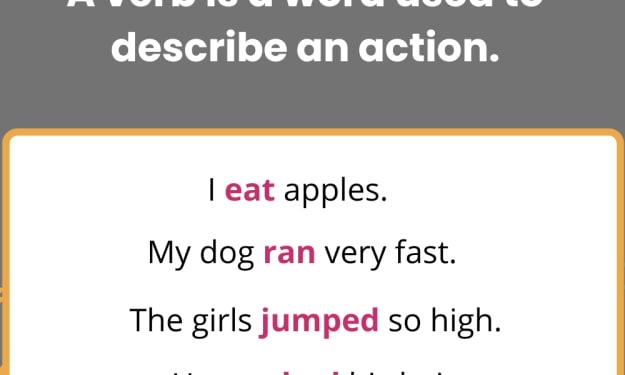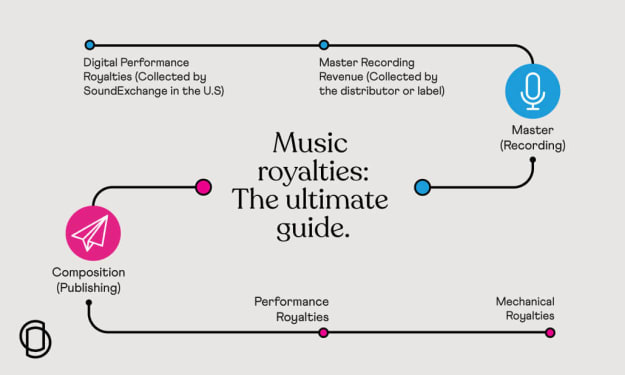Sentence Types by Function
There are four main sentence functions in English:

In the English language, sentences are categorized into different types based on their functions or purposes. Understanding these different types can greatly enhance one’s ability to communicate effectively in writing and speech. Let’s explore each type in detail:
Declarative sentences are used to make statements or provide information. They state facts, opinions, or other information in a straightforward manner. These sentences typically end with a period.
“The sun sets in the west.”
“She enjoys playing the piano.”
“Mount Everest is the highest peak in the world.”
Declarative sentences are the most common type of sentence used in both written and spoken language. They convey information clearly and are essential for conveying facts and ideas.
Interrogative sentences are used to ask questions. They seek information or clarification from the listener or reader. Interrogative sentences usually begin with a question word (who, what, where, when, why, how) or an auxiliary verb (is, are, do, can, will, would).
“Where is the nearest grocery store?”
“Why did you arrive late?”
“How can I help you?”
Interrogative sentences end with a question mark (?). They are crucial for seeking information, engaging in conversations, and clarifying details.
Imperative sentences are used to give commands, make requests, or offer instructions. They are direct and typically begin with a verb in its base form (without “to” for simple commands).
“Please turn off the lights.”
“Sit down and listen carefully.”
“Send me the report by tomorrow.”
Imperative sentences can end with a period (.) for neutral commands, or with an exclamation mark (!) to indicate urgency or strong emphasis. They are essential for giving directions, issuing orders, or making polite requests.
Exclamatory sentences express strong emotions, excitement, surprise, or other intense feelings. They are characterized by their exclamatory tone and often begin with words like “what” or “how” followed by a noun or adjective.
“What a beautiful sunset!”
“How amazing that performance was!”
“I can’t believe you did that!”
Exclamatory sentences end with an exclamation mark (!). They are used to convey enthusiasm, astonishment, joy, or any other intense emotion.
Importance of Understanding Sentence Types
Each type of sentence serves a distinct function in communication:
Declarative sentences provide information and convey facts.
Interrogative sentences seek information and engage others in conversation.
Imperative sentences give commands or instructions, directing actions.
Exclamatory sentences express strong emotions and add emphasis to statements.
Understanding and effectively using these sentence types can greatly enhance clarity, engagement, and impact in both written and spoken communication. Writers and speakers often use a mix of these sentence types to convey their messages effectively, depending on the context and purpose of their communication.
Mastering the different types of sentences based on their functions is fundamental to becoming a proficient communicator in English. Whether writing essays, reports, stories, or engaging in conversations, the ability to choose the appropriate sentence type adds richness and clarity to your communication. By practicing and familiarizing yourself with declarative, interrogative, imperative, and exclamatory sentences, you can significantly improve your language skills and effectively convey your thoughts and ideas to others.
About the Creator
SAKSHEE SHUKLA
https://intelligencevidyarthi.in/course_details?table_manners_&_etiquettes&cm=MTc=
Enjoyed the story? Support the Creator.
Subscribe for free to receive all their stories in your feed. You could also pledge your support or give them a one-off tip, letting them know you appreciate their work.





Comments
There are no comments for this story
Be the first to respond and start the conversation.